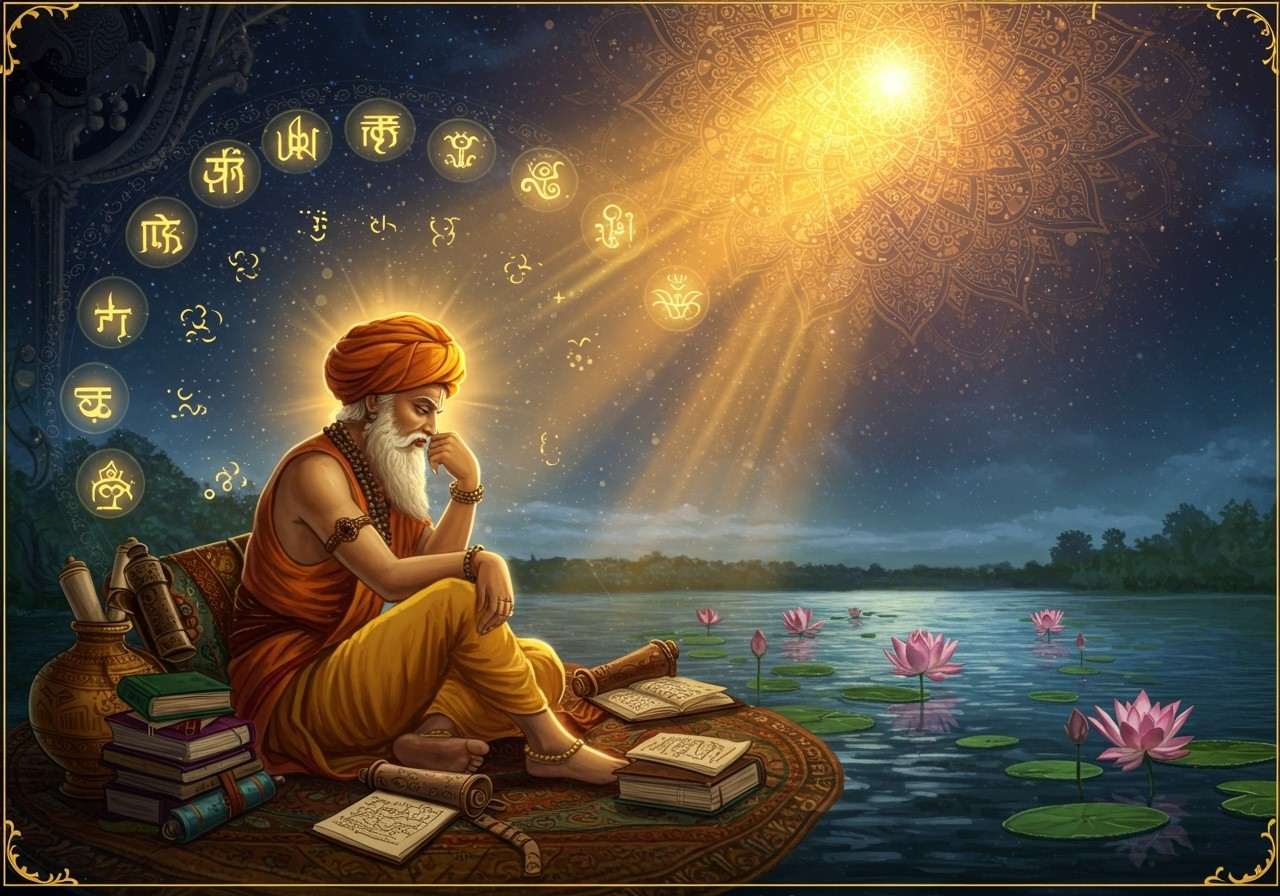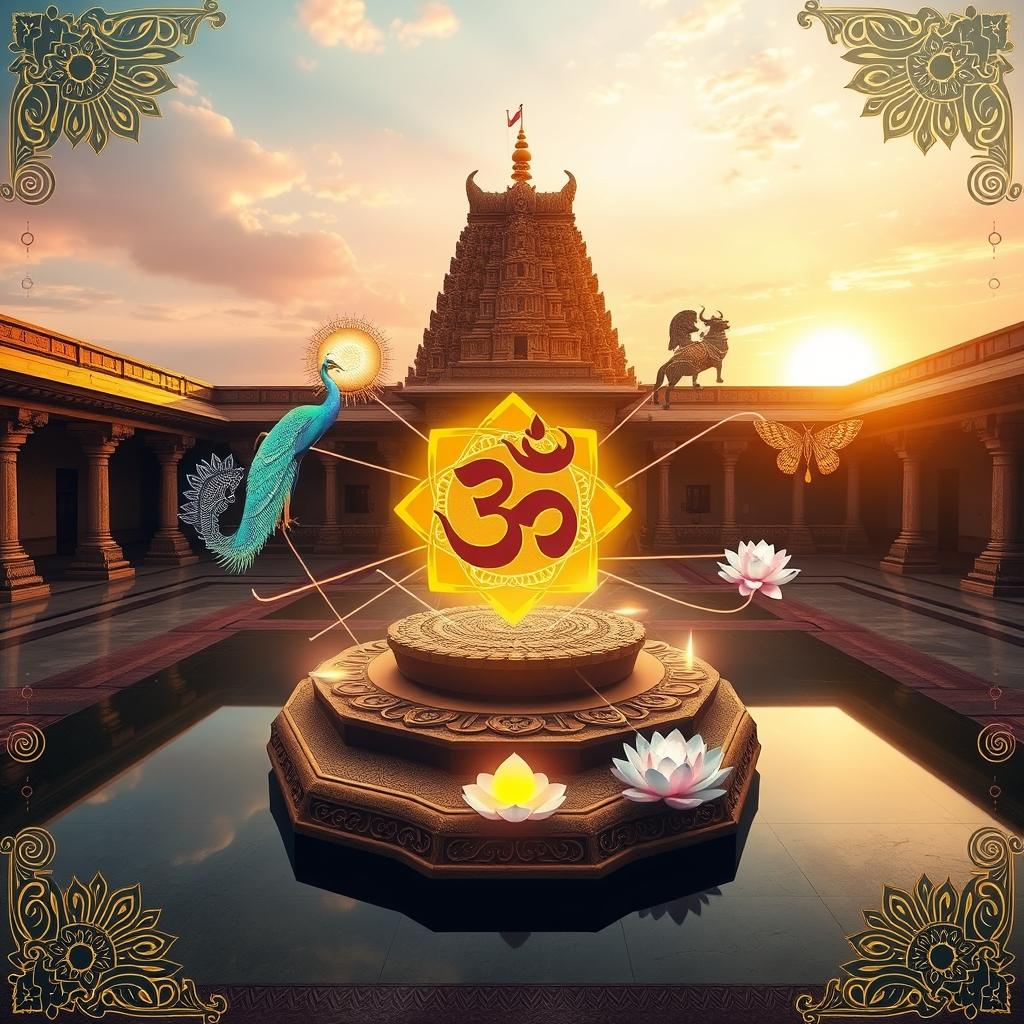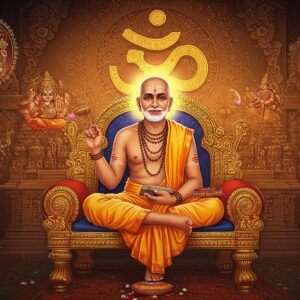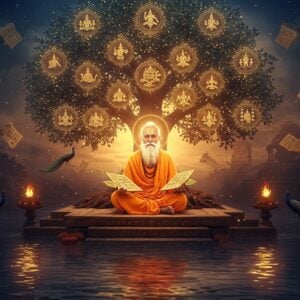

In India, our connection to our roots runs deep. We cherish our festivals, our rituals, and the stories passed down through generations. But beyond the vibrant ceremonies and profound spirituality lies another treasure, a powerful intellectual tradition that has shaped our culture for millennia: the science of Indian logic, or *Tarka Shastra*. It’s a world that goes far beyond simple philosophy, offering a practical path to clarity, wisdom, and valid knowledge.
Many of us are familiar with the paths of *bhakti* (devotion) and *karma* (action), but the path of *jnana* (knowledge), especially through logical reasoning, is a fascinating and equally important part of our heritage. It’s not about dry, academic debates; it’s about learning how to think clearly, to distinguish truth from falsehood, and ultimately, to understand the world and our place in it more profoundly.
The Heart of Indian Reasoning: The Nyaya School
One of the most important pillars of Indian logic is the Nyaya school of thought. For Nyaya thinkers, the main goal wasn’t just to win arguments, but to attain liberation (*moksha*) from suffering. They believed that suffering comes from flawed understanding, and the only way to dispel it is by acquiring valid knowledge (*pramana*). It’s a beautiful system that sees clear thinking as a spiritual practice.
This tradition teaches us to be critical thinkers, to rely on evidence, and to build our beliefs on a solid foundation of reason. It’s a skill that is just as relevant in our modern lives—whether we’re making decisions for our family, our career, or our spiritual journey.
How Do We Know What We Know? The Four Pillars of Knowledge (Pramanas)
Indian logic, particularly the Nyaya school, gives us a wonderful framework for understanding how we gain reliable knowledge. It identifies four primary means, or *Pramanas*, which are incredibly intuitive and practical.
- Perception (Pratyakṣa): This is the most direct way of knowing—what we experience through our five senses. It is the knowledge we gain from seeing, hearing, touching, tasting, and smelling. To perceive clearly, a calm and focused mind is essential. Creating a serene environment with the pure fragrance of sandalwood incense sticks can help quiet the mind for better observation and meditation.
- Inference (Anumāna): This is the knowledge we gain through reasoning. The classic example is seeing smoke on a distant hill and inferring that there must be a fire. It’s about connecting what we see with what we already know to draw a logical conclusion. This is the foundation of all critical thinking and problem-solving.
- Comparison (Upamāna): We often learn by comparing something new to something we already know. If someone tells you that a wild ox looks like a cow, you use that comparison to identify the new animal when you see it. This method of analogy helps us make sense of the unfamiliar and expand our understanding of the world around us.
- Testimony (Śabda): This refers to gaining knowledge from a reliable source, whether it’s the timeless wisdom of our sacred texts like the Vedas or the guidance of a trusted guru. It’s about accepting the words of experts who have already walked the path. For those beginning this journey, resources like a Beginner’s Guide to Hindu Philosophy can serve as a reliable starting point.

Poojn.in: Your Companion on the Path of Discovery
Exploring these profound ideas is a journey in itself. At poojn.in, we understand that connecting with our traditions requires both the right knowledge and the right environment. We are here to support your quest for understanding with authentic resources and items that nurture a peaceful state of mind.
From sacred texts that shed light on our philosophical traditions to items that help create a serene space for contemplation, we bring everything to your doorstep. A focused mind is key to understanding these complex ideas. Wearing a 4 Mukhi Rudraksha, known to enhance wisdom and focus, can be a wonderful aid in your study and meditation practices. Lighting a simple clay diya can transform your study corner into a space of sanctity and clarity.
Answering Your Curiosities About Indian Logic
Many people wonder if our ancient philosophies are only about spirituality. The reality is that systems like Nyaya provide a robust framework for rational thought that complements our spiritual beliefs. They teach us *how* to think, not just *what* to think.
Another common thought is how this ancient wisdom differs from Western logic. While both value reason, Indian logical traditions are unique because they are almost always intertwined with the ultimate goal of spiritual liberation. It’s a holistic system where clear thinking is a means to a peaceful and enlightened life.
You might also ask if these age-old principles are still useful today. Absolutely! In a world filled with information and misinformation, the ability to reason clearly, evaluate sources, and make sound judgments is more valuable than ever. These skills can help us navigate life’s challenges with confidence and peace.
Embracing Our Intellectual Heritage
Delving into the world of Indian logic is like uncovering a hidden part of our own identity. It connects us to the brilliant minds of our ancestors and equips us with timeless tools for living a more examined, conscious, and fulfilling life. Let’s embrace this profound legacy and allow its wisdom to illuminate our path forward.
Begin your journey of discovery today. Explore the rich world of Indian philosophy with authentic resources from poojn.in, your trusted partner in culture and tradition. For any assistance, feel free to contact us at 03369029784 or WhatsApp us at 9476142738.


